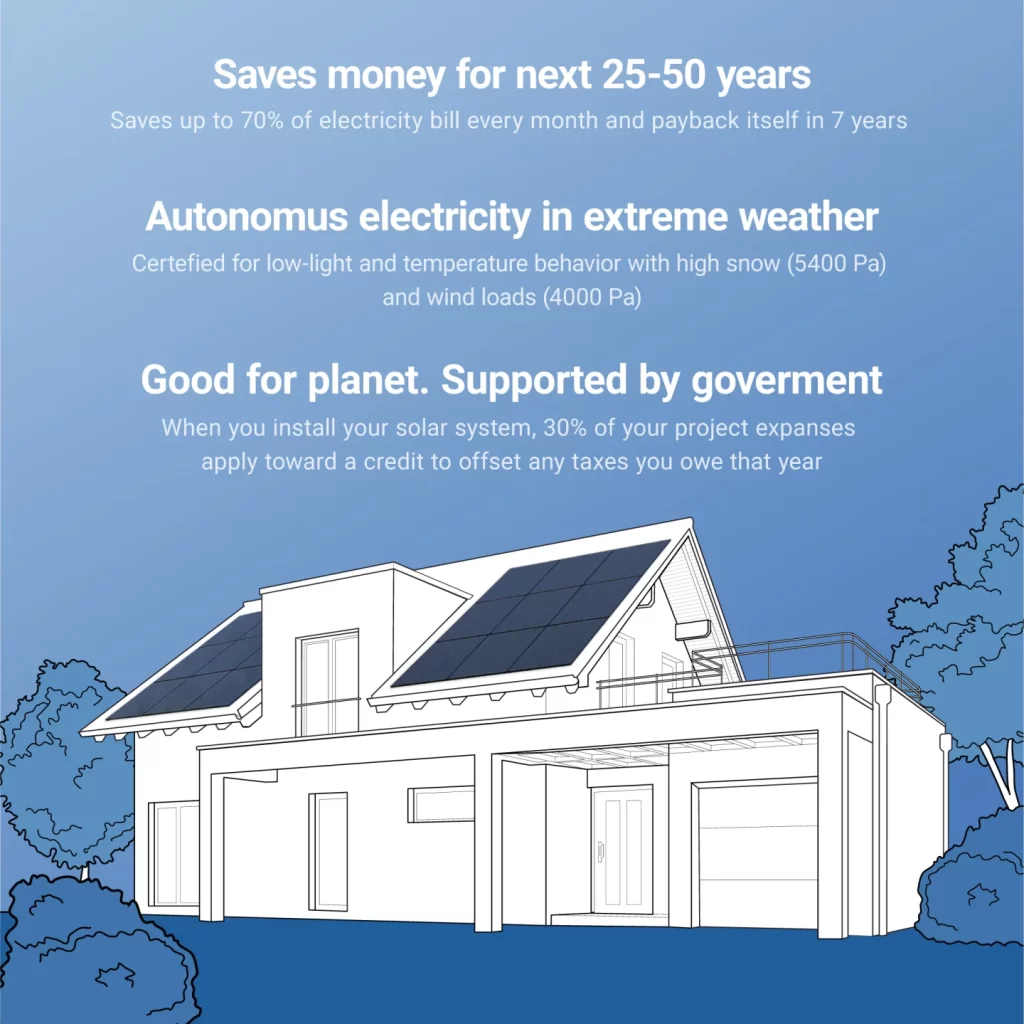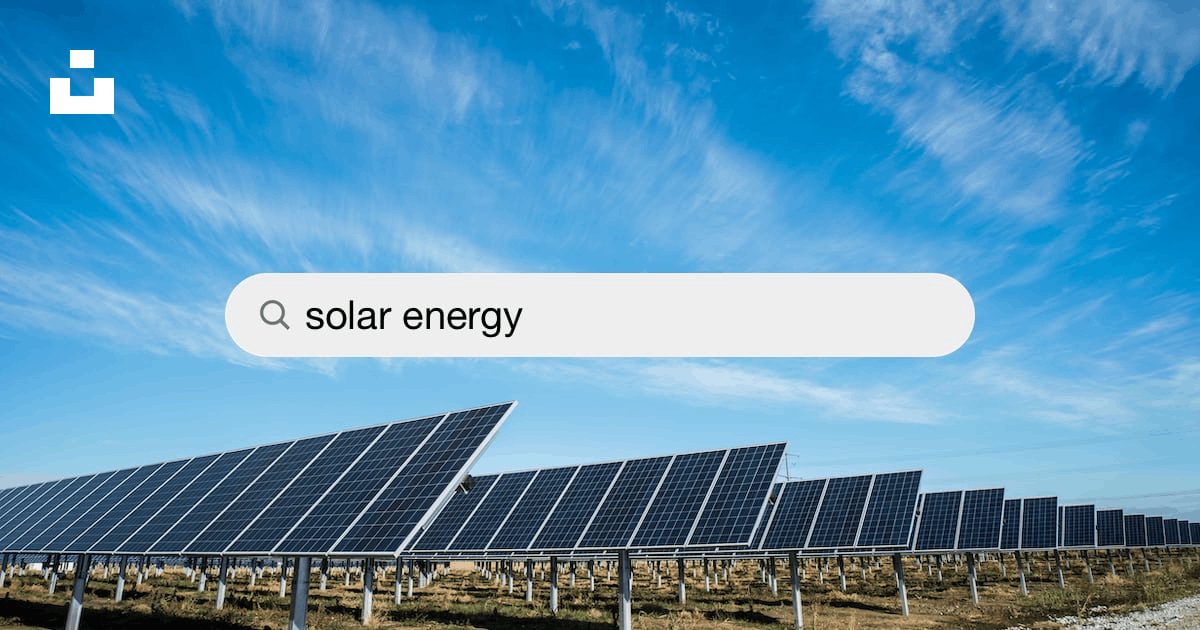
Solar Energy image source: Unsplash
Solar energy is a renewable, clean, and cost-effective source of energy that has been gaining traction in recent years. By harnessing the sun’s power, individuals, businesses, and even entire cities can drastically reduce their reliance on fossil fuels and create a more sustainable future. Installing solar panels on a home or business can offer numerous benefits, from lower electricity bills to reduced environmental impact. With the cost of solar panel installation dropping, and government incentives available, there has never been a better time to explore the potential of solar energy. From reducing electricity bills to helping the environment, the benefits of installing solar panels are numerous.
The most obvious benefit of installing solar panels is the reduction in electricity bills. Solar panels generate electricity from the sun’s rays, meaning that the electricity generated is essentially free.
Solar energy can be stored in batteries when the sun isn’t shining.
Another benefit of solar energy is that it is a cleaner source of energy. It does not emit any greenhouse gases, making it more eco-friendly than traditional sources of energy. This is especially beneficial for businesses, as it can help them meet sustainability goals and reduce their carbon footprint.
In addition to environmental benefits, solar energy can also provide economic benefits. Solar energy can create jobs in the installation, maintenance, and repair of solar panels.
Additionally, solar energy can help reduce the costs of energy in areas where it is expensive, such as rural communities or developing nations.
Finally, installing solar panels can have a positive impact on home values. Many potential home buyers are looking for homes with solar panels, as they can reduce electricity bills and create a more sustainable lifestyle. This can result in a higher sale price for a home, making solar panels a great investment.
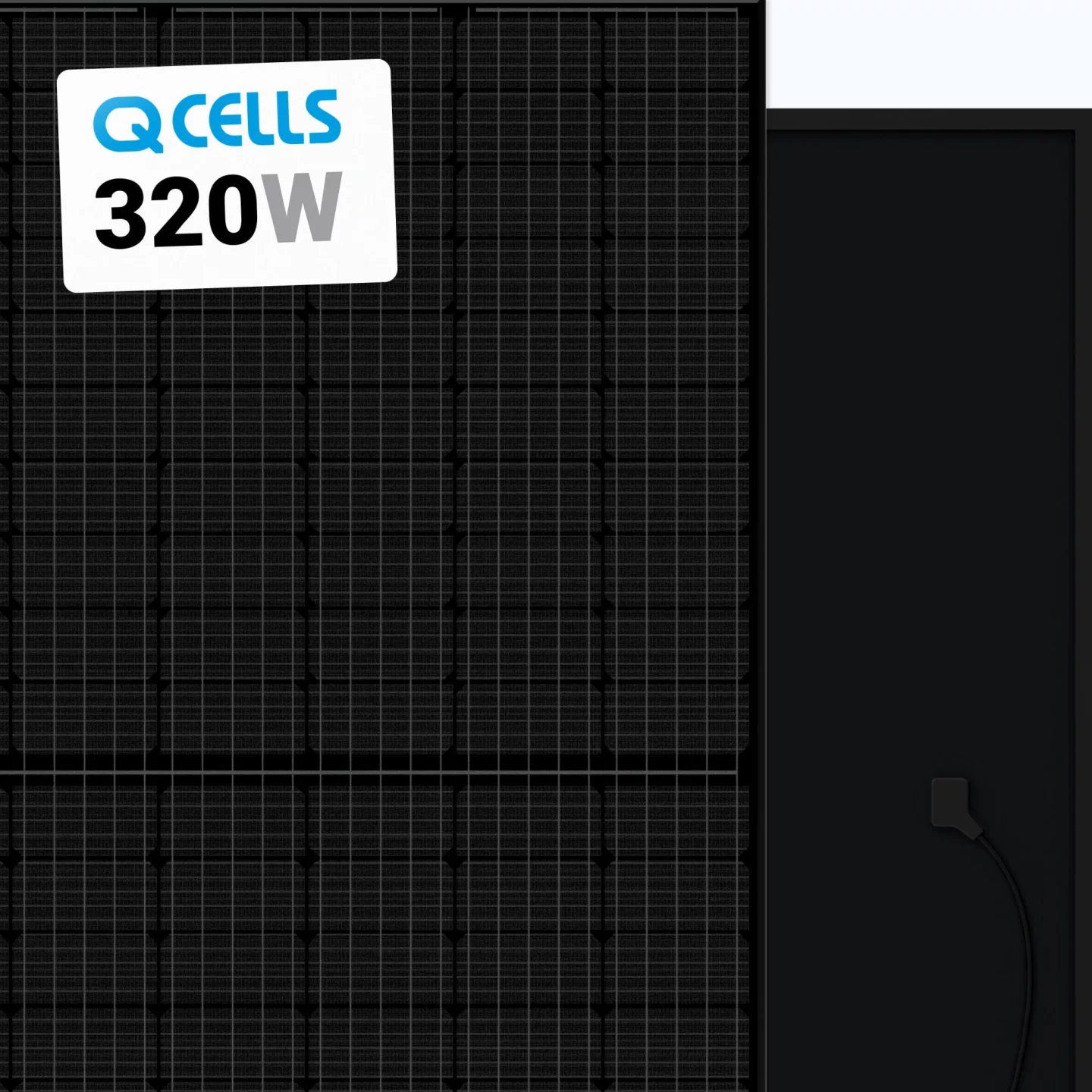
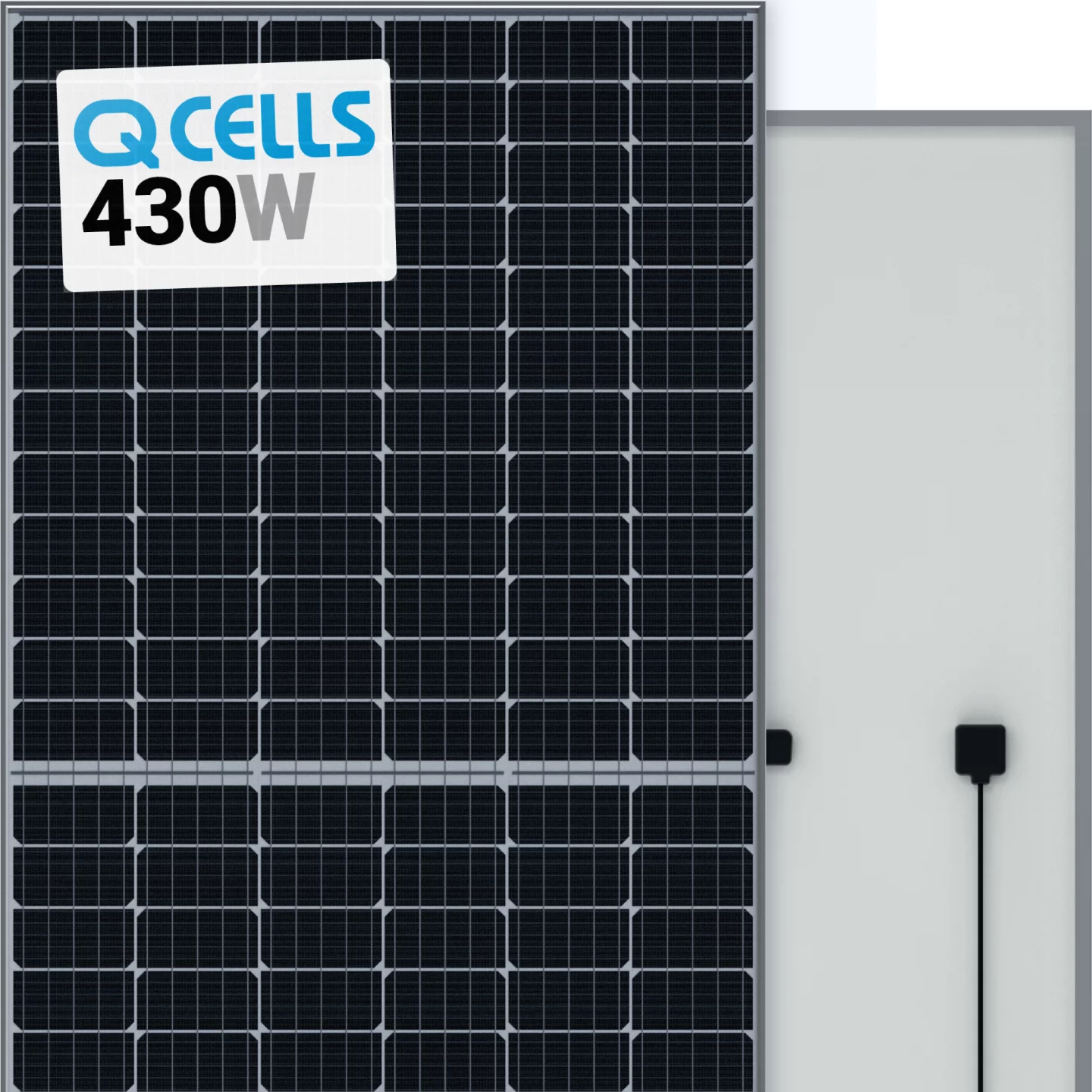
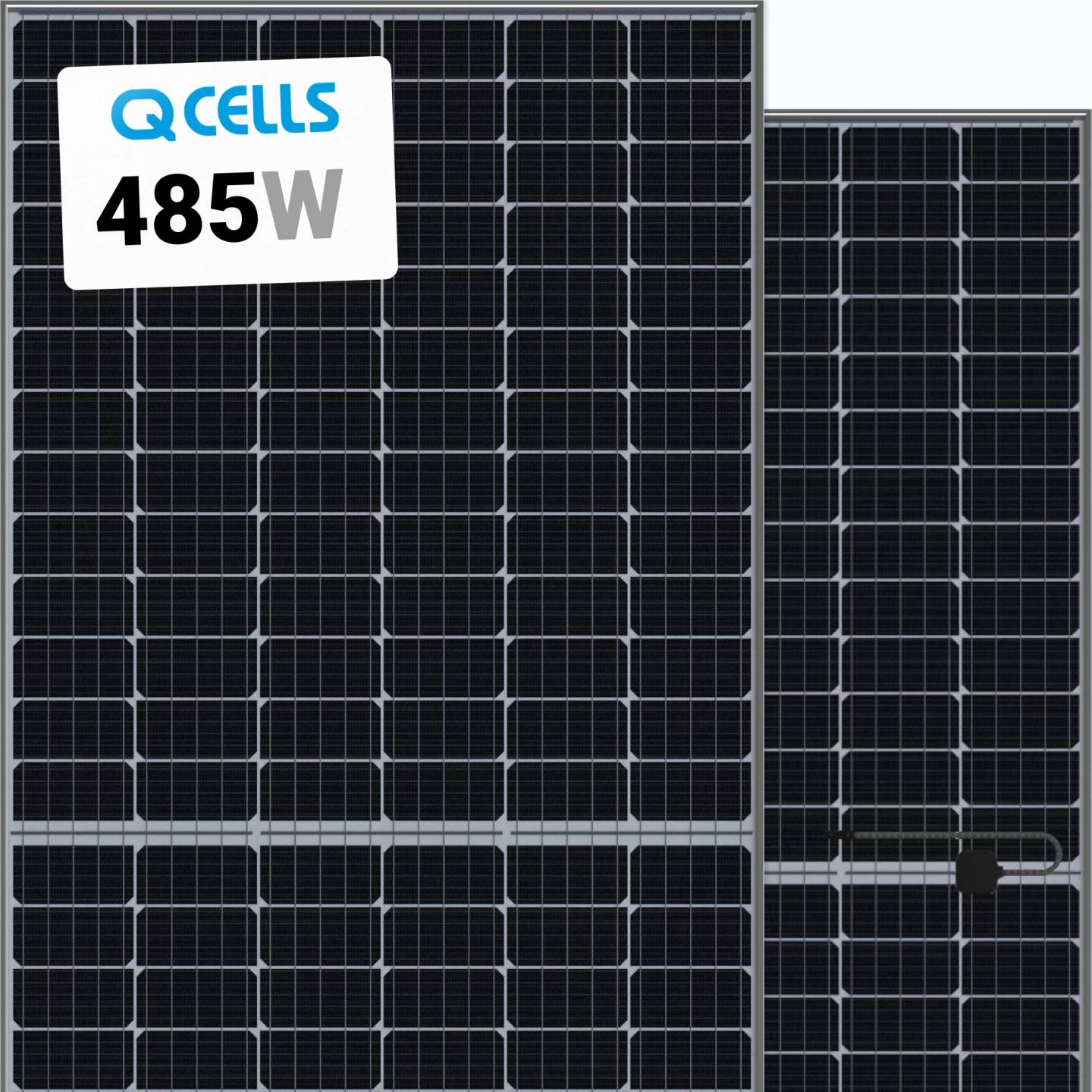
The cost of installing solar panels varies depending on location and the size of the system. Generally, the installation of solar panels on a home or business can cost anywhere from $10,000 to $20,000. However, the cost of installation can be reduced with government incentives, such as tax credits and rebates. Additionally, many companies offer financing options to help reduce the upfront cost of installation.
In order to encourage more people to switch to solar energy, many governments offer incentives for solar panel installation. These incentives can include tax credits, rebates, and grants. These incentives can help reduce the upfront cost of installation, making solar energy more accessible to individuals, businesses, and entire cities.
In addition to government incentives, many utility companies offer net metering. With net metering, solar panel owners are able to sell the excess electricity generated by their panels back to the utility company. This helps reduce the cost of electricity, as well as provides an additional income stream.
Solar panels are composed of photovoltaic cells, which convert sunlight into electricity. The cells are made of layers of semiconducting materials, such as silicon. When sunlight hits the cell, it causes electrons to move in a certain direction, creating an electric current. This electric current is then converted into usable electricity.
Solar panels are typically installed on rooftops, as this provides the most direct access to sunlight. The panels are connected to an inverter, which converts the direct current (DC) electricity generated by the panels into alternating current (AC) electricity, which can be used by most electrical appliances.
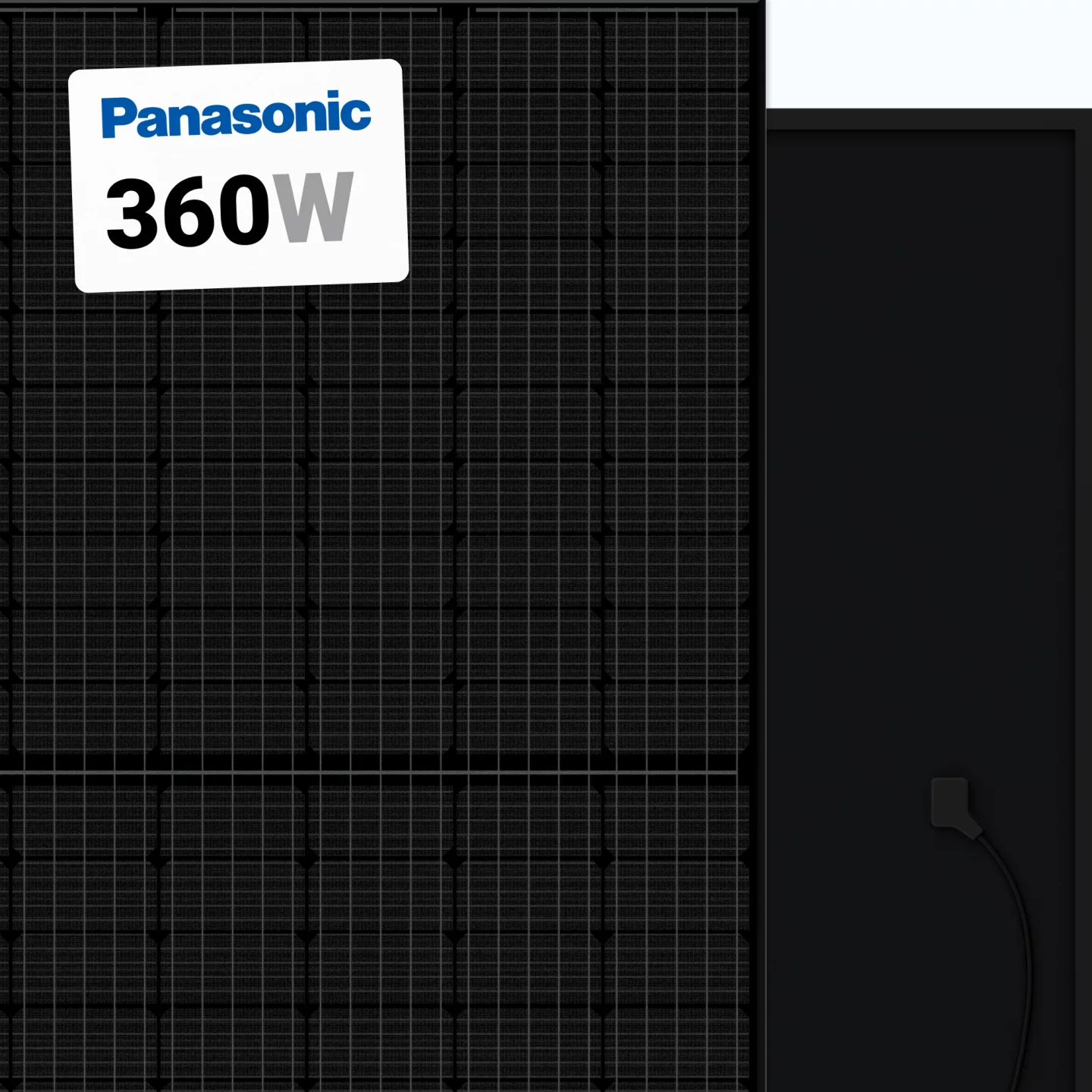
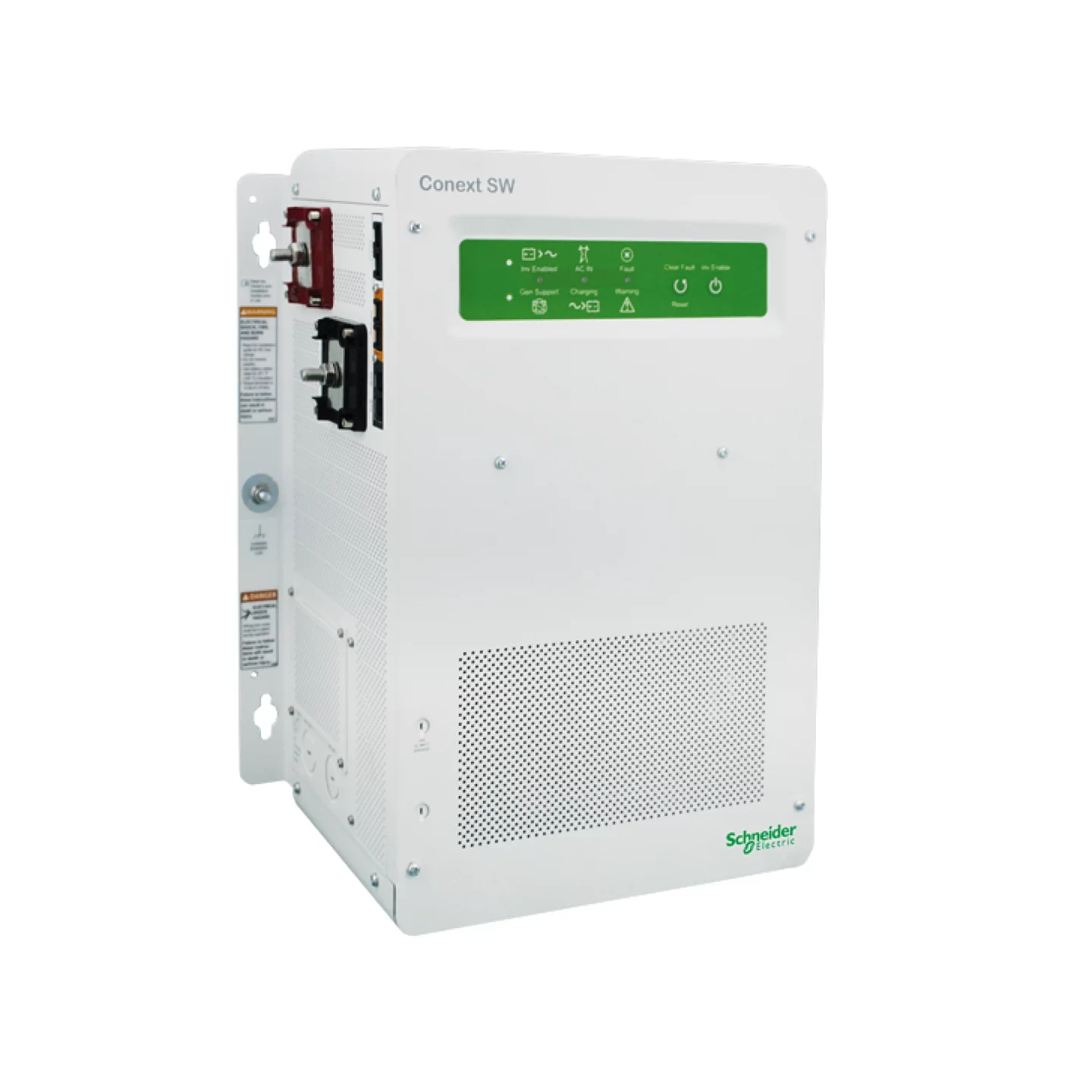
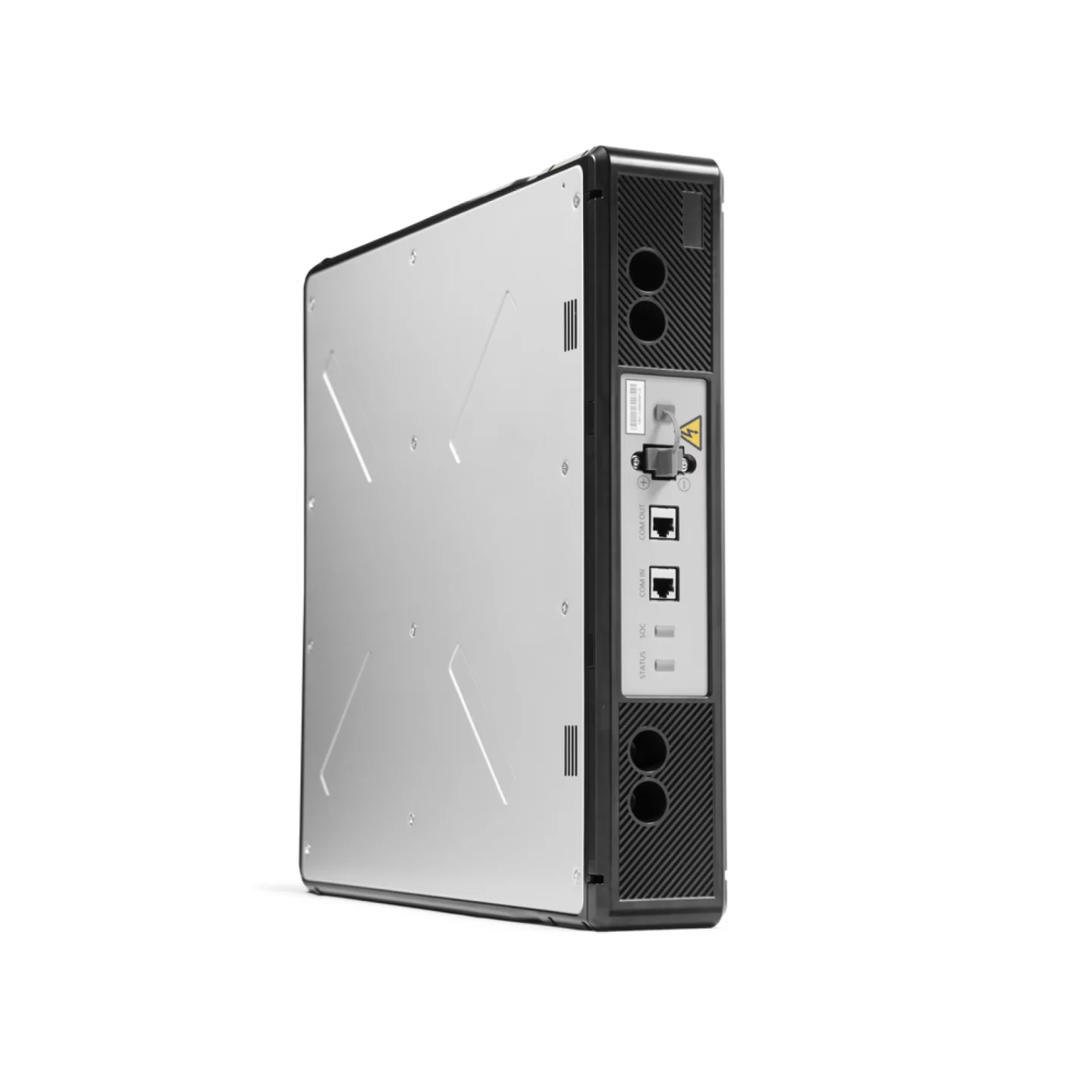
Installing solar panels is a relatively simple process, but it is important to follow the steps carefully. The first step is to determine how much energy your home or business needs. This will help you determine the size of the system you need to install.
The next step is to find a qualified installer. It is important to find an experienced installer knowledgeable about local regulations and codes. An experienced installer will be able to help you determine the best system for your needs and ensure that the installation is done correctly.
Once the system has been chosen and the installer has been hired, it is time to install the panels. The installer will begin by mounting the panels to your roof and connecting them to the electricity grid. The panels will then need to be connected to an inverter, which will convert the electricity generated by the panels into usable electricity for your home or business.
Once the installation is complete, the installer will perform a final check to make sure everything is in working order. The installer will also provide you with maintenance instructions and safety guidelines.
Once the solar panels have been installed, it is important to properly maintain them in order to ensure they are working at maximum efficiency. It is recommended to check the panels regularly for dirt or debris, as this can reduce the amount of sunlight they receive. Additionally, it is important to check the wiring and connections to make sure everything is secure.
If the panels are located in an area that gets a lot of snowfall, it is important to clear the snow away regularly. This can help ensure that the panels are receiving the maximum amount of sunlight. Additionally, it is important to check the batteries regularly to make sure they are properly charged.
Solar panel technology is continually advancing, making the panels more efficient and cost-effective. New technologies, such as thin-film solar cells and high-efficiency solar cells, are helping to increase the efficiency of solar panels. Additionally, new materials, such as gallium arsenide, are allowing for thinner and more efficient solar panels.
These advancements in solar panel technology are helping reduce the cost of installation and make solar energy more accessible. Additionally, they are helping to increase the efficiency of solar panels, meaning that homeowners and businesses can generate more electricity with fewer panels.
The cost of solar panel installation can be prohibitive for some homeowners and businesses. Fortunately, there are a variety of financing options available to help reduce the upfront cost of installation. Many companies offer loans or leases that can help reduce the cost of installation. Additionally, many governments offer incentives, such as tax credits and rebates.
